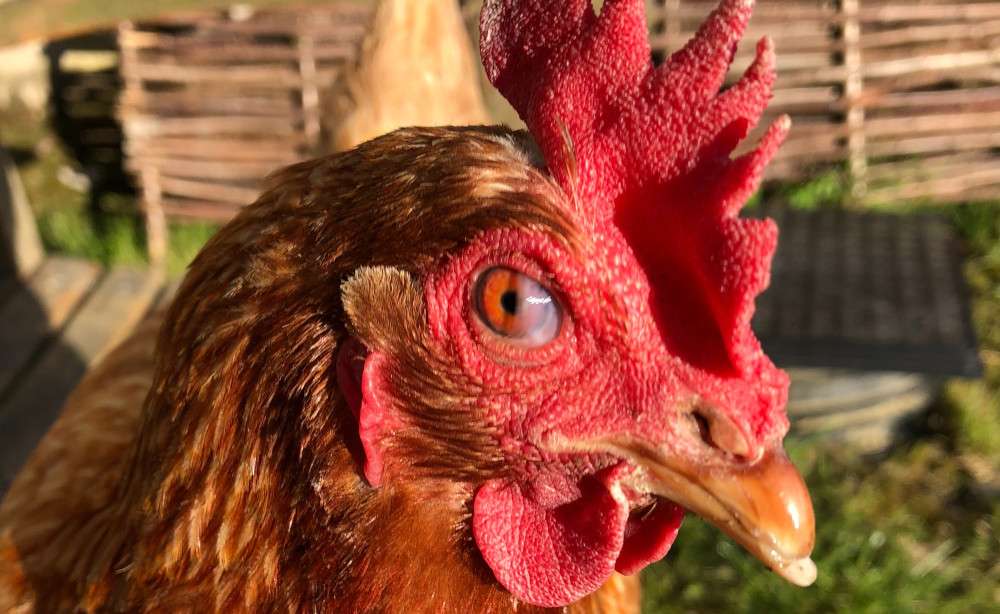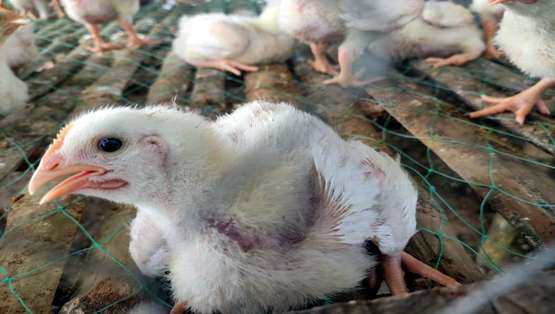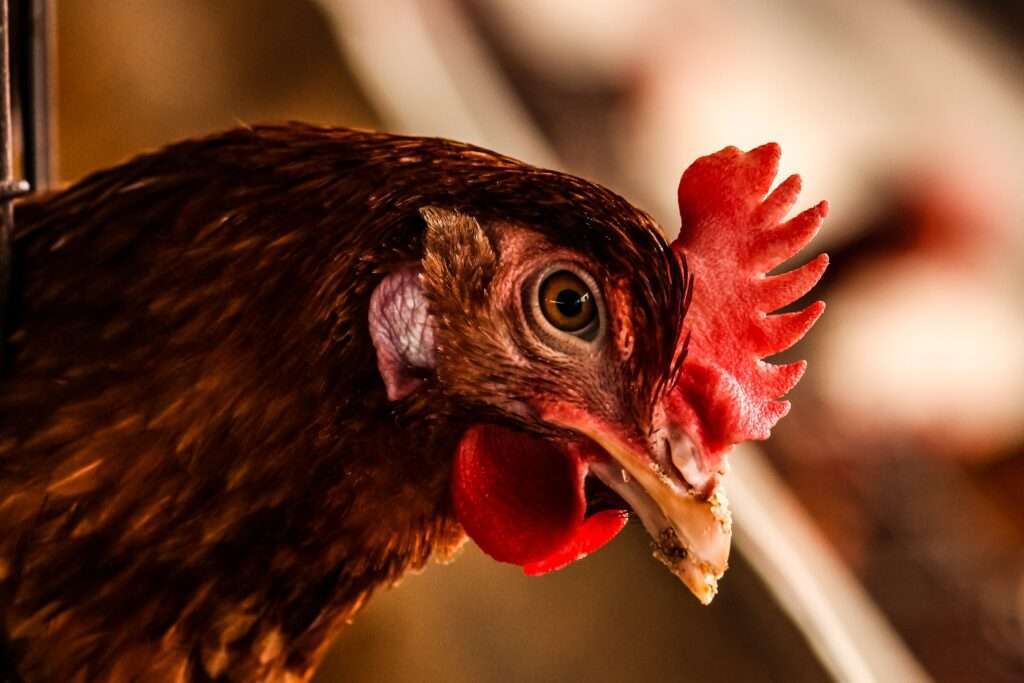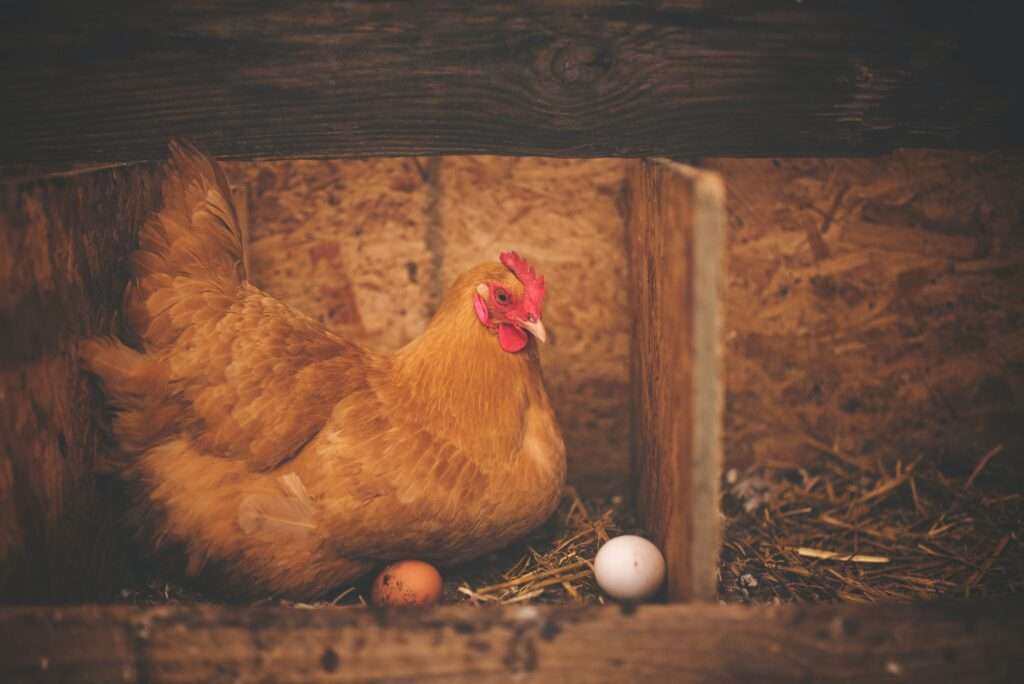Chicken respiratory diseases can significantly impact the health and productivity of your flock. Early identification and prompt treatment are crucial in managing these illnesses and preventing their spread. Understanding the symptoms, causes, and steps for identifying respiratory diseases in chickens is essential for any poultry farmer. Common respiratory diseases in chickens include Infectious Bronchitis (IB), Mycoplasma Gallisepticum (MG), Avian Influenza (AI), Newcastle Disease, and Infectious Laryngotracheitis (ILT). Infectious Bronchitis, caused by a coronavirus, manifests through coughing, sneezing, nasal discharge, and difficulty breathing, along with a drop in egg production and poor eggshell quality. Mycoplasma Gallisepticum, a bacterial infection, results in chronic respiratory disease with symptoms such as nasal discharge, coughing, sneezing, swollen sinuses, and decreased egg production. Avian Influenza, a severe disease caused by the influenza virus, can lead to sudden death, coughing, sneezing, nasal discharge, swollen face, and reduced egg production, with severe cases showing cyanosis of the combs and wattles. Newcastle Disease, caused by a paramyxovirus, presents with respiratory distress, nasal discharge, coughing, sneezing, and neurological signs like tremors, twisted necks, and paralysis. Infectious Laryngotracheitis, caused by a herpesvirus, causes gasping, coughing, nasal discharge, blood-stained mucus, and conjunctivitis, with severe cases potentially leading to death from asphyxiation. Recognizing and Understanding the Causes of Respiratory Diseases in Chickens Identifying respiratory diseases in chickens involves recognizing a range of symptoms. Respiratory signs such as frequent coughing and sneezing, watery or thick nasal discharge, and labored breathing are common indicators. Behavioral changes like lethargy, reduced appetite, and isolation from the flock also signal respiratory issues. Physical symptoms, including swollen sinuses, ruffled feathers, and in severe cases, cyanosis, further indicate respiratory distress. Additionally, a sudden drop in egg production or poor-quality eggs and thin-shelled or misshapen eggs can be signs of respiratory disease. Understanding the causes of respiratory diseases can help in their prevention and management. Infectious agents such as viruses (e.g., coronavirus, paramyxovirus, herpesvirus), bacteria (e.g., Mycoplasma gallisepticum), and fungi (e.g., Aspergillus spp.) are primary causes. Environmental factors like poor ventilation, high humidity, and temperature extremes can exacerbate these diseases. Stress and poor management practices, such as overcrowding, poor nutrition, and inadequate biosecurity, further increase the risk of respiratory diseases. To identify respiratory diseases in chickens, observe and record symptoms regularly, noting any respiratory signs, behavioral changes, and physical symptoms. Isolate affected birds to prevent the spread of disease to healthy flock members. Consult a veterinarian for a definitive diagnosis, as they can perform tests such as blood tests, swabs, or necropsies to identify the specific disease. Laboratory testing, including PCR tests, culture, and sensitivity tests, or serology, can provide a precise diagnosis. Implement biosecurity measures to prevent further spread, such as disinfecting equipment, controlling traffic in and out of the farm, and ensuring proper sanitation. for more info on how to identify respiratory diseases in chicken click here Effective Strategies for Preventing and Managing Chicken Respiratory Disease Prevention and management of respiratory diseases involve several key practices. Implement a vaccination program based on the prevalent diseases in your area to protect your flock. Ensure good ventilation, appropriate humidity levels, and stable temperatures in poultry housing to create a healthy environment. Provide a balanced diet rich in essential vitamins and minerals to support the immune system. Practice strict biosecurity measures, including isolating new birds, controlling access to the farm, and maintaining clean equipment and facilities. Conduct routine health checks and monitor for early signs of disease to take prompt action. In conclusion, early identification and prompt treatment of respiratory diseases in chickens are crucial for maintaining a healthy and productive flock. By understanding the symptoms, causes, and preventive measures, farmers can effectively manage these diseases and minimize their impact. Regular monitoring, good management practices, and consultation with veterinarians are key to ensuring the well-being of your chickens. Check out how to treat chicken eye problems at home here







